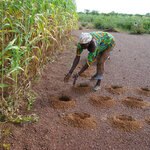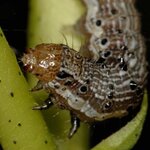
There are concerns about climate emissions because of resistance to clean technologies like nuclear power that have led to increased use of coal. Solar power will be the best solution in the future, if it does not fall victim to too much hype and subsidies now.
There is also a water problem. Only slightly more than one percent of the world's water is potable, making clean water a priority - but one that is easily solved by energy.
A new process decomposes waste desalination brine using solar energy, which neutralizes ocean acidity and also reduces environmental impact.…







